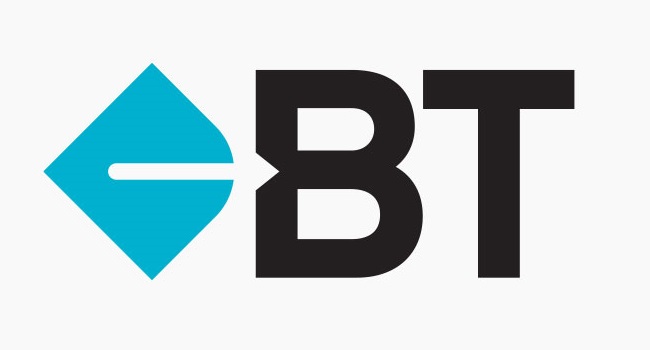Promoted by

While accountants and financial advisers have long held complementary skills and services, it’s fair to say they have often operated independently on their path to meeting client needs.
Promoted by

While accountants and financial advisers have long held complementary skills and services, it’s fair to say they have often operated independently on their path to meeting client needs.

Recently there has been an increasing and expected focus on multidisciplinary collaboration between both professions as the way to improve client outcomes.
The need for collaboration has become heightened due to recent industry changes, such as the dissolution of the accountants’ exemption last year and changing customer preferences. Clients are time-poor and don’t want to have identical conversations with different professionals, so are demanding a seamless experience.
Here are five tips for effective collaboration to help you get the most out of the professional relationship and lift client value.
1. The client is always the main event
The way you work together has to be a flawless experience for the client. Advisers and accountants that work well together in the interest of their client can forge a dynamic team to build trust and confidence.
It is vital that each professional has a good relationship with the client, understands what the client is trying to achieve and that the client sees that you are working together.
Both functions are critical but the client is always first.
2. Mapping expectations
Collaboration is unlikely to happen automatically, so mapping out how you will work together at the outset is key.
As part of this, its critical accountants and advisers respect and understand each other’s skills and expertise.
Like any good relationship you need to be on the ‘same page’. It is important that you have synergies in business culture, approach to business and level of experience for collaboration to thrive.
It is just as important to get along professionally as it is for the client to trust you both.
3. Clarity and respect of roles
While licensing changes have blurred the distinction between accountants and advisers slightly, they are still different.
Not knowing where your role starts and ends will blur the boundaries, could lead to potential turf wars and creates unnecessary confusion for the client.
Clarifying what each of you is responsible for will support a more harmonious experience for the client. This will mean regular conversations about the way you work together and for each client.
It has also confused some clients, who are being told they need to go elsewhere for advice they used to receive from their trusted accountant. This makes it important to set clear boundaries, of who is responsible for what, in the accountant-adviser relationship and make this clear to the client.
4. Set the foundation for future referrals
The changes to licensing of financial advice has also disrupted some accountants’ business models and some practices are considering referral arrangements.
For those looking at a referral arrangement to help fill the advice gap for their clients, it is important to take your time to find the right fit for your business and more importantly your clients.
A strong relationship between the adviser and the accountant can mean the client will see you as a ‘team’ working for them.
Just like client relationships this professional relationship can take longer to develop, including building trust, but it is definitely worth the effort. Especially when you consider that practices with established referral models are selling as much as 2.8-3 times revenue.
5. Communicate
The importance of clear and regular communication between accountants and financial advisers cannot be overlooked.
This includes keeping other professionals in the loop when advice is being prepared, which can help avoid mistakes and incorrect assumptions.
Don’t assume the client understands the need for the delineation of responsibilities. It is important for them to understand your different skills and expertise as well as the regulatory backdrop that governs the way you work.
The difference between the roles extends from regulation and work cycles to processes and software. Understanding these differences and communication will foster trust and mutual respect between the professions.
BT Panorama has a number of solutions to help accountants. To find out more visit btpanorama.com.au/accountants
Uncover a new world of opportunity at the New Broker Academy 2025If you’re ready for a career change and are looking...
KNOW MOREGet breaking news
 Login
Login

You are not authorised to post comments.
Comments will undergo moderation before they get published.